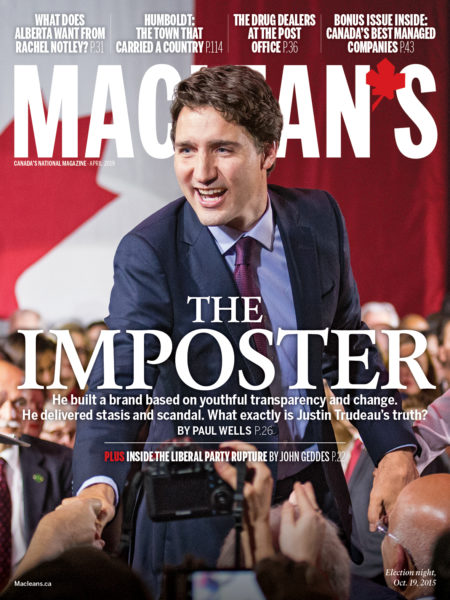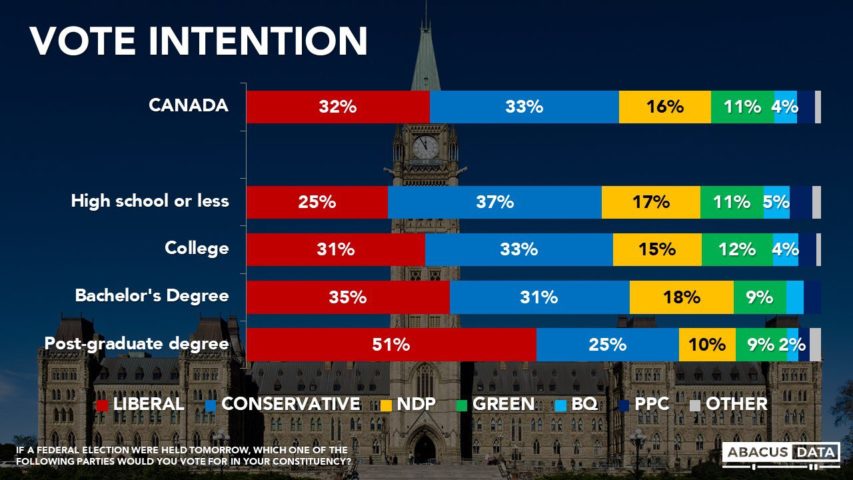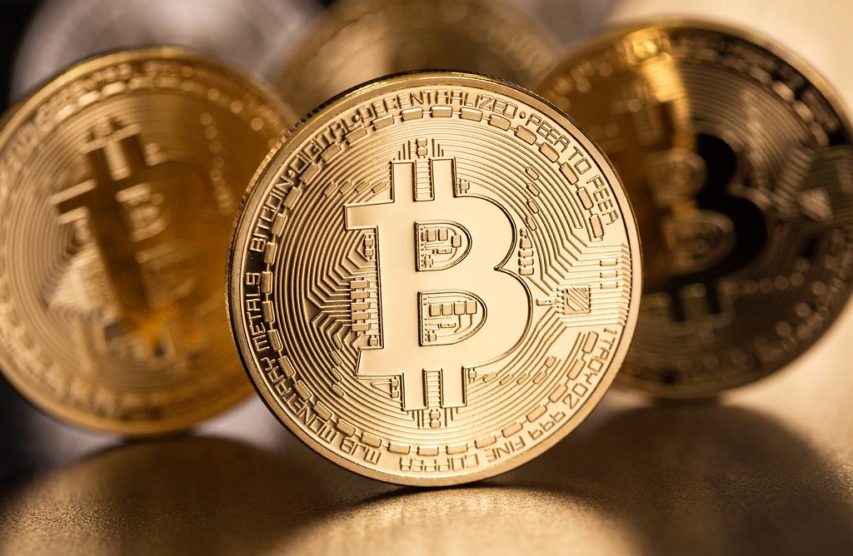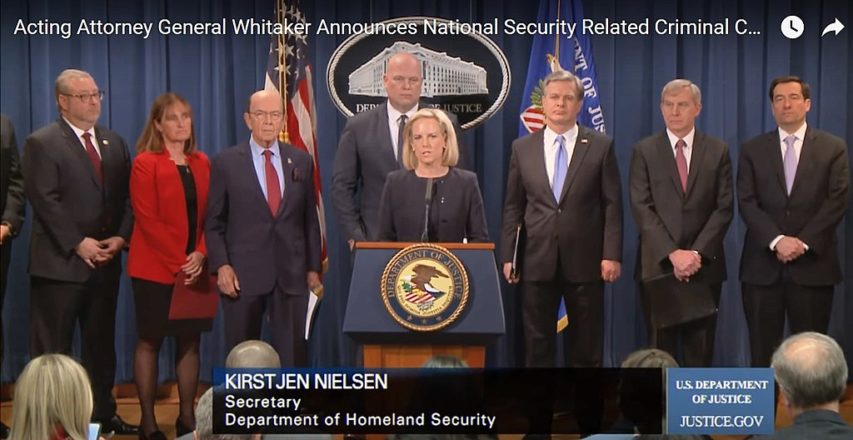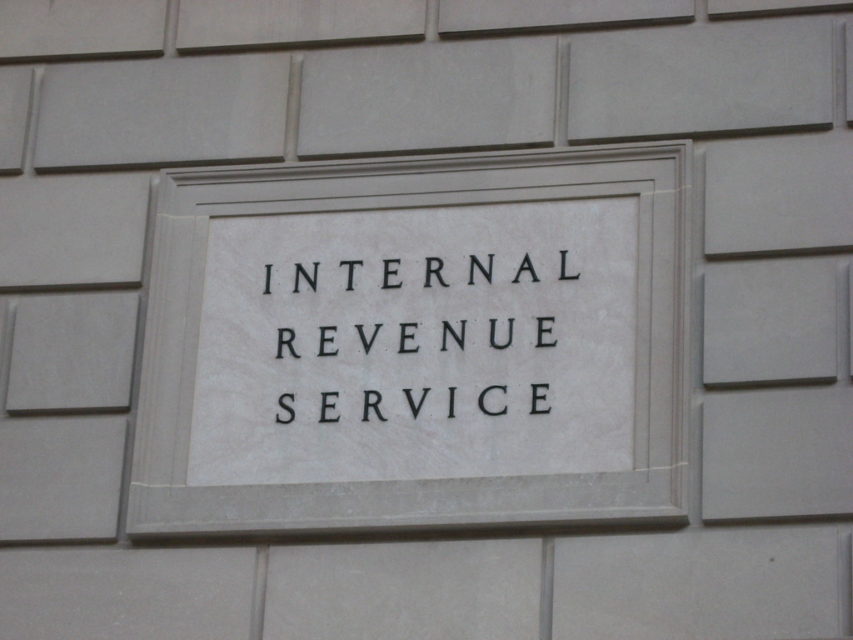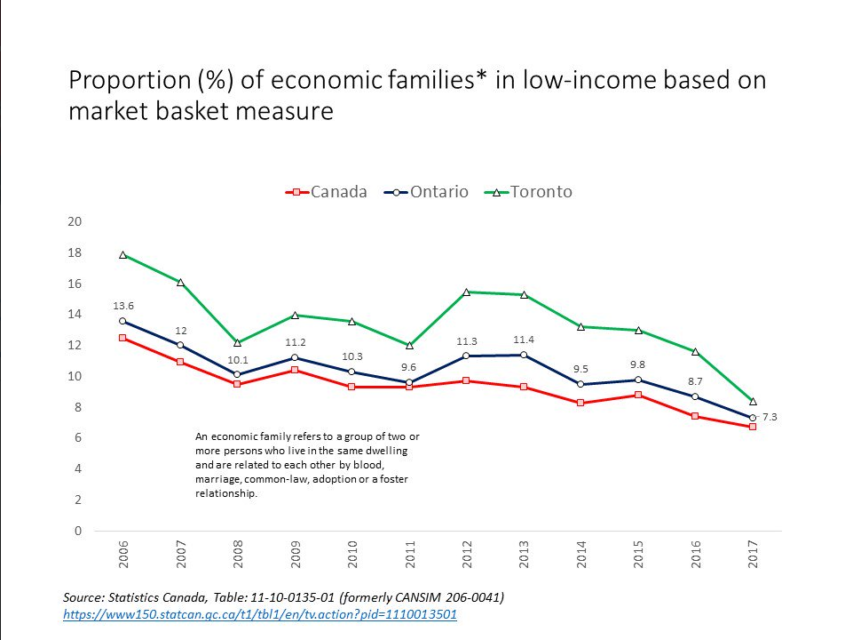Canadian elections have their own quirks — historical, geographical, linguistic — that cannot be accurately captured in national opinion polls:
Conservative support is heavily concentrated in Alberta and Saskatchewan. Tens of thousands of its votes are therefore likely to be wasted racking up massive majorities in a relatively small number of seats.
The Liberal vote, by contrast, is more efficiently distributed, notably in Quebec, with its tight three- and four-way races, where a winning candidate might slip through with 30 per cent of the vote or less. So even though the Liberals are projected to win fewer votes than the Conservatives, they are also projected to win a solid plurality of the seats — perhaps even a majority.
Then again, the polls are misleading in another way. A poll can project, with some uncertainty, the level of support for the various parties among the voting-age population. It is a more difficult matter to predict what proportion of each party’s supporters will actually turn out to vote. The Liberals benefited in 2015 from a surge in turnout, especially among younger voters, on the strength of Justin Trudeau’s sunny idealism. No such enthusiasm, or idealism, is detectable this time around.
It all makes for a close, unpredictable race. The Liberal challenge is the usual one: to round up the vote on the left without giving too much ground on the centre, appealing to those tempted to vote NDP or Green not to split the progressive vote lest the Tories get in.
The Conservatives, for their part, will also be fighting a two-front war, with the emergence of the People’s Party to their right imposing some constraint on their ability to reach across the centre. To date the PPC has not posed much of a threat — its support has stalled at around 3.0 per cent — but it is not impossible that it could break out of that range now that voters are paying more attention.
Of course, Maxime Bernier being actively excluded from the debates, and the pollsters often not including a choice for the PPC will also limit the PPC’s visibility to ordinary Canadian voters. Oddly, this may benefit the Milk Dud and his “Conservatives”, as the media tries to ignore Bernier’s party but gives disproportional coverage to the Green and NDP campaigns, which potentially weakens support for Trudeau and the Liberals.
Update, 16 September: I guess the media finally noticed that excluding Maxime Bernier from the debates was a sub-optimal idea for their preferred winner (Justin Dressup).
The Leaders' Debates Commission (@debats_can) has invited @MaximeBernier to the Commission’s debates on October 7 and 10 #cdnpoli https://t.co/1ZGAZRO7KU
— Power & Politics (@PnPCBC) September 16, 2019





